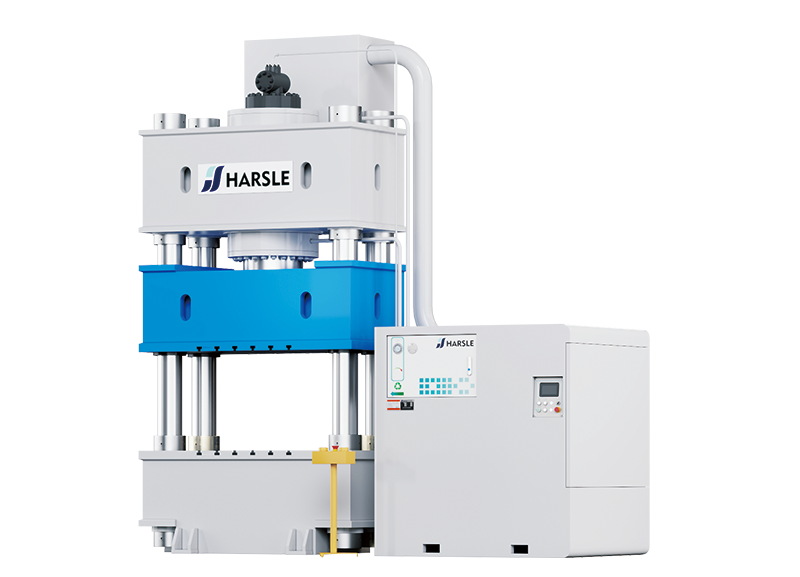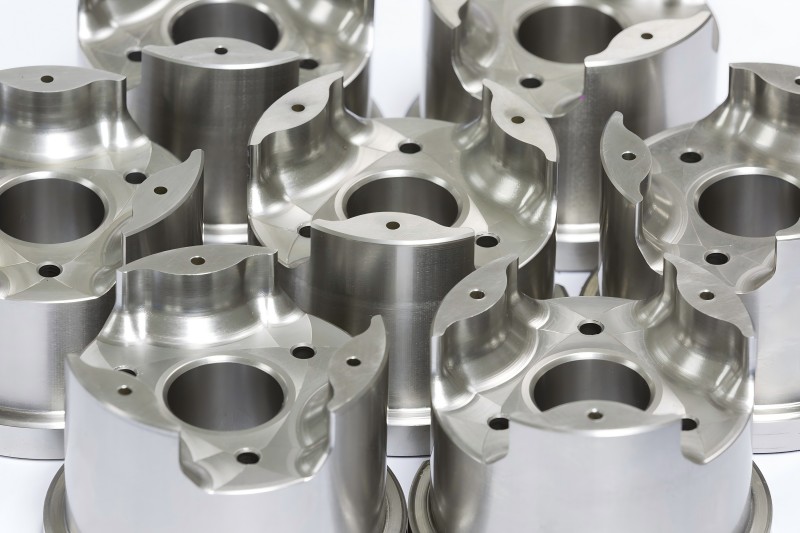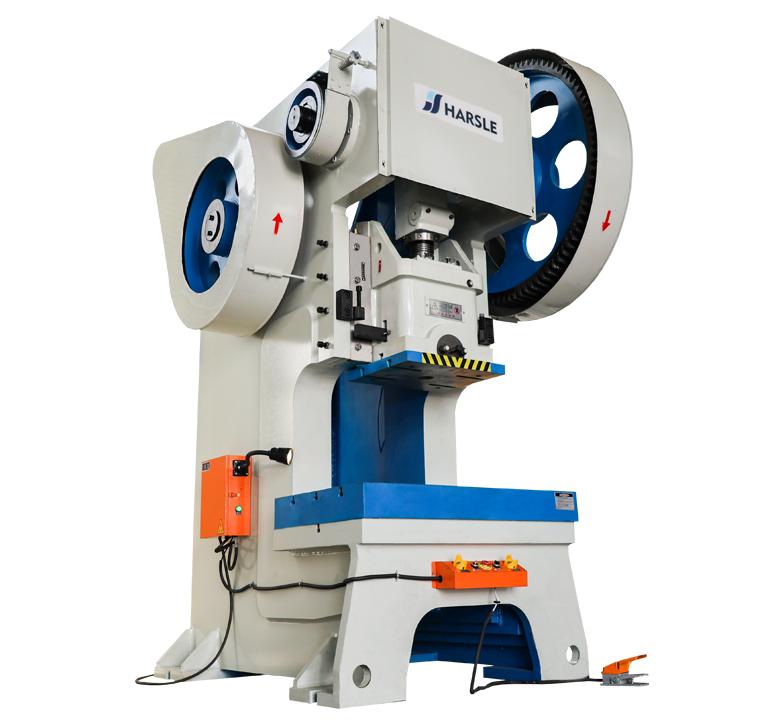Hub di documentazione
Manuali tecnici e guide complete per aiutarti a padroneggiare le macchine HARSLE e ottimizzare l'efficienza della lavorazione dei metalli
Pressa idraulica vs pressa meccanica: qual è la migliore?
If you’re deciding between a hydraulic press vs mechanical press for your metalworking needs, it’s crucial to understand their differences clearly. Choosing the right press type can significantly impact your productivity, quality of output, and overall operational efficiency. In this article, I’ll clearly explain the essential differences, advantages, and disadvantages of both hydraulic and mechanical presses, helping you to decide which machine best suits your production requirements.
Comprensione Presse idrauliche
What is a Hydraulic Press?

A hydraulic press operates using fluid power to generate force. It consists primarily of a hydraulic cylinder filled with oil, where pressure is applied to move the ram downwards. This method allows for smooth, consistent pressure and precise control over the pressing force, essential for complex shaping and forming operations.
Key Advantages of Hydraulic Presses
One of the main benefits of using a hydraulic press is its versatility. You can easily control the pressing force, pressure, and ram speed, making it ideal for precise applications requiring variable pressures. Furthermore, hydraulic presses often come with overload protection, preventing damage to the machinery and workpieces.
Common Applications for Hydraulic Presses

Hydraulic presses excel in applications such as drawing, forming, molding, blanking, and deep drawing operations. Industries that require highly precise forming and customizable pressure settings, such as automotive, aerospace, and appliance manufacturing, often prefer hydraulic presses.
Esplorando Presse meccaniche
Cos'è una pressa meccanica?

A mechanical press utilizes a flywheel driven by a motor to store rotational energy, which is then transferred to the ram through mechanical linkages such as crankshafts, cams, or toggles. Unlike hydraulic presses, mechanical presses typically deliver faster cycle times and consistent speed, ideal for mass production.
Main Advantages of Mechanical Presses
Mechanical presses offer excellent efficiency, high-speed operation, and lower energy consumption per part produced, making them ideal for large-scale, repetitive manufacturing processes. Their straightforward design typically means lower maintenance requirements and increased durability in high-volume production environments.
Typical Uses of Mechanical Presses

Common mechanical press applications include stamping, punching, blanking, and high-speed forming tasks. They’re extensively used in industries like automotive, electronics, and consumer goods, where speed and efficiency are crucial for maintaining competitive productivity levels.
Hydraulic Press vs Mechanical Press: Which Should You Choose?
Assessing Your Production Needs
| Pressa idraulica | Pressa meccanica | |
| Funzione | Taglio | Taglio |
| Formando | Punzonatura | |
| Deep drawing | Formando | |
| Punzonatura | Deep drawing | |
| piegatura | piegatura | |
| Forging | / | |
| Applicazione | Metal processing | Electrical appliances |
| Machine made | Car | |
| Car | Agricultural machinery | |
| Aerospaziale | Hardware | |
| Oil and Gas | Electronic product |
The first step to choosing between hydraulic and mechanical presses is carefully evaluating your specific production requirements. If your operations demand precise control, varying pressures, or working on diverse materials and shapes, hydraulic presses will offer more flexibility. Conversely, if you’re aiming at high-volume, repetitive tasks with consistent output speed, mechanical presses could be your ideal choice.
Considering Cost and Maintenance
While mechanical presses generally have lower upfront costs and simpler maintenance routines, hydraulic presses might require higher initial investments but compensate through flexibility and enhanced precision. Think carefully about the long-term costs, including maintenance, spare parts availability, and energy consumption, when making your decision.
Evaluating Operational Safety
Safety is another critical factor. Hydraulic presses often provide built-in overload protection and more straightforward pressure control, offering enhanced safety features compared to mechanical presses. However, modern mechanical presses are also equipped with safety mechanisms that mitigate operational risks, making either option viable depending on specific safety regulations and workplace standards.
Domande frequenti
Which press type provides better precision, hydraulic press or mechanical press?
Hydraulic presses generally provide superior precision and control, especially suited for tasks requiring variable and precise pressures, such as forming and deep drawing.
Are hydraulic presses more expensive than mechanical presses?
Typically, hydraulic presses have higher initial costs but offer greater versatility and precision, potentially saving costs in the long run through reduced waste and improved product quality.
Which press type is easier to maintain?
Mechanical presses usually require simpler maintenance due to fewer complex components, making routine checks and repairs easier. However, modern hydraulic presses often feature simplified maintenance procedures as well.
Final Thoughts: Making Your Decision Easier
Choosing between a hydraulic press vs mechanical press ultimately depends on your specific production goals, budget constraints, and operational requirements. Hydraulic presses provide unmatched precision and versatility, ideal for intricate and varied tasks. Mechanical presses offer faster cycle times and cost-effectiveness, optimal for high-volume, repetitive production.
If you’re still unsure or need further guidance tailored specifically to your production needs, feel free to contact our professional team at HARSLE. We’re here to provide comprehensive advice and recommend the best press machine solution for your business.













